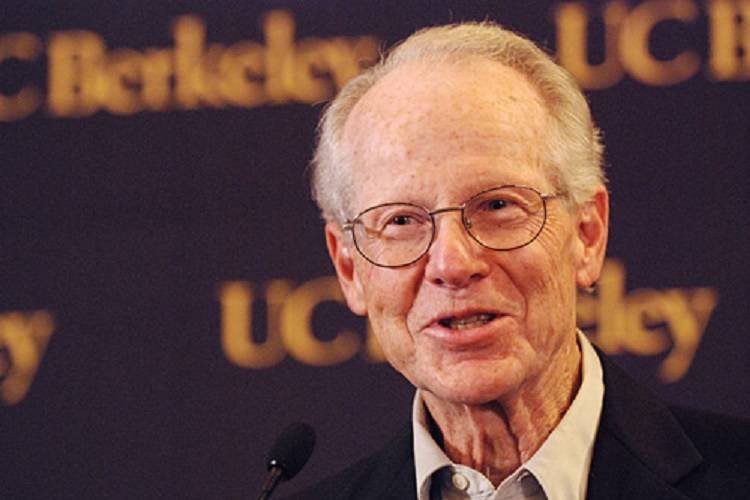Oliver E. Williamson (27 September 1932 – 21 May 2020) was an American economist. He was awarded the Nobel Prize in Economic Sciences in 2009.
Life and Career
Oliver E. Williamson was born on 27 September 1932, in Superior, Wisconsin, United States. He grew up during a time when the world was recovering from the Great Depression and World War II.
Williamson earned his Bachelor of Business Administration from the Massachusetts Institute of Technology (MIT) in 1955. He later pursued a Ph.D. in economics from Carnegie Mellon University, which he completed in 1963.
Williamson’s career was marked by groundbreaking research in the field of economics. He is most famous for developing the theory of transaction cost economics, which focuses on understanding the costs and difficulties associated with economic transactions. His work helped shed light on why firms exist and how they are structured.
One of his most notable works is the book “The Economic Institutions of Capitalism: Firms, Markets, Relational Contracting,” published in 1985. In this book, Williamson explored the concept of governance structures in economic transactions, emphasizing the role of firms and hierarchical organizations in mitigating transaction costs.
Throughout his career, Williamson held academic positions at various prestigious institutions, including the University of Pennsylvania, Yale University, and the University of California, Berkeley. He was a prolific writer, authoring numerous influential papers and books on economics and organization theory.
Oliver E. Williamson passed away on 21 May 2020, in Berkeley, California, United States.
Award and Legacy
Oliver E. Williamson was awarded the Nobel Prize in Economic Sciences in 2009. He shared this prestigious award with Elinor Ostrom, another influential economist. The Nobel Committee recognized Williamson for his groundbreaking work in the field of transaction cost economics and organizational theory.
Oliver E. Williamson’s award-winning contributions to economics and his lasting legacy have had a profound impact on the way economists, scholars, and practitioners understand economic transactions, organizational structures, and the role of institutions in shaping economic behavior. His work continues to be studied, applied, and celebrated in various academic and practical contexts.

